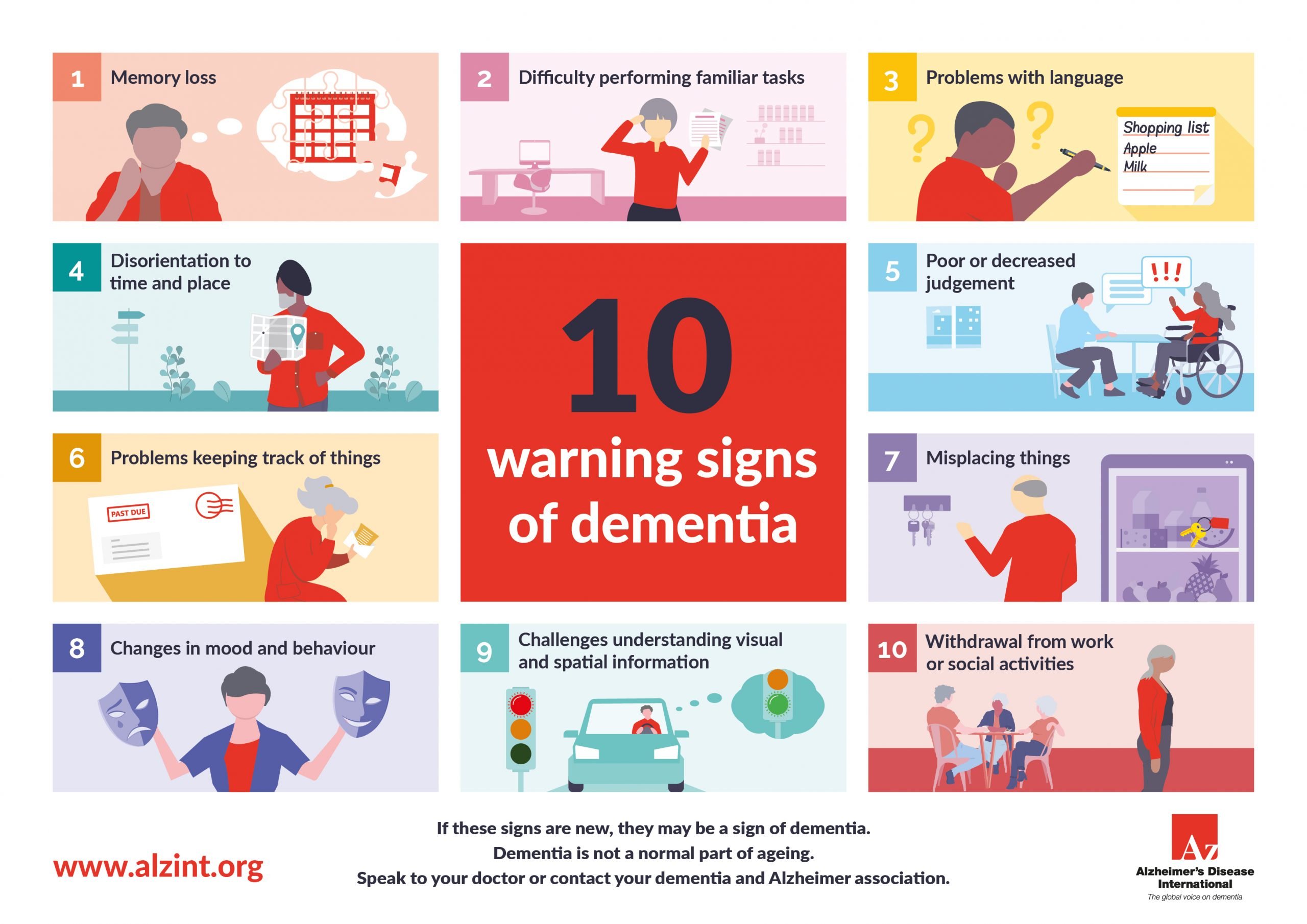By Miranda McMinn Updated December 25, 2024 — 11.08am
London: For all the rousing revelry and festive fizz that Christmas Day can bring, for some it only ramps up the confusion and anxiety. Older relatives may find it more of a slog to host than they are used to; if they are the guests, a lively new setting can compound the feelings of bewilderment and grumpiness. But when do signs of stress actually signify something more serious?
Elizabeth Leonard, 58, recalls how a few years ago, her previously capable, cheerful mother, then aged 71, had an uncharacteristic outburst a few days before Christmas – picking a fight when normally she would do anything to avoid confrontation. On Christmas Day itself, she said she couldn’t cook the turkey because there was something wrong with the oven. Elizabeth took over the cooking and found it was working perfectly. It marked the beginning of a long road to accepting that there might be something wrong, followed eventually by a diagnosis of dementia.
A Christmas meal disaster could be a clue. Credit: Getty Images/iStockphoto
“It’s a time for making memories, but it’s often during Christmas that we realise that something isn’t quite right with someone,” says Simon Wheeler, a senior knowledge officer at the Alzheimer’s Society. “At first, it may seem like a momentary lapse – perhaps just a sign of getting old – but after a while you start to become concerned.”
Different types of dementia can cause varying symptoms – from memory loss to difficulty with everyday tasks – that can often be picked up on in a social setting. The most common kind of dementia is Alzheimer’s (early symptoms include confusion and short-term memory problems), followed by vascular dementia (problems with planning and concentration) and Lewy bodies dementia (this includes Park
Read More

